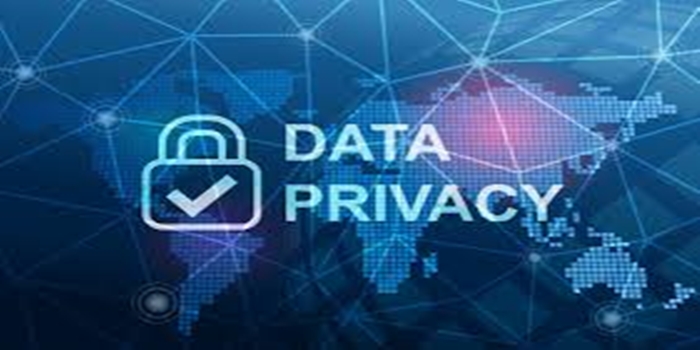In this post, we discussed the meaning of data privacy, the types, the benefits, furthermore we also talked about the examples.
Definition
Data privacy is the protection of personal information and the control that individuals have over how it is used and shared. It involves ensuring that sensitive data is only accessible to authorized parties.
data privacy includes?
Data collection: How data is collected, stored, and shared
Data security: How data is protected from unauthorized access
Data use: How data is used and for what purpose
Data deletion: How data is deleted
Data retention: How data is retained
Data access: Who has access to data and how they access it.
Some types of data privacy include:
Encryption
Transforms data into a coded format that can only be deciphered with a decryption key
Access control
Systems that limit who can access sensitive data and must be regularly updated and tested
Data masking
Masks whole data or specific data areas to protect it from unauthorized access
DLP (Data Loss Prevention)
Prevents unauthorized access and alerts cybersecurity staff to suspicious behavior
Firewalls
Act as a barrier between internal systems and the outside world to prevent unauthorized access
Confidential data
Sensitive information that can only be accessed by a limited group of people, often requiring clearance or special authorization.
California Consumer Privacy Act (CCPA)
Network security
Data lifecycle management (DLM)
Benefits of data privacy:
Individual Protection:
Reduced risk of identity theft: By safeguarding personal data, individuals are less vulnerable to fraud and unauthorized access to their financial information.
Privacy control: Individuals can have more control over how their personal data is collected, used, and shared.
Peace of mind: Knowing that personal information is protected can lead to increased trust in online activities.
Business Benefits:
Enhanced customer trust: Companies that prioritize are perceived as more trustworthy and reliable by customers, potentially leading to increased loyalty.
Reputation protection: Data breaches can severely damage a company’s reputation, while strong privacy practices can help maintain a positive image.
Legal compliance: Adhering to data privacy regulations like GDPR can prevent hefty fines and legal repercussions.
Competitive advantage: Companies that demonstrate commitment to data privacy can attract more customers and partners.
Societal Benefits:
Ethical data practices: Promotes responsible data collection and usage, preventing potential misuse of personal information.
Innovation potential: By fostering trust in data sharing, data privacy can encourage responsible development of new technologies and services.
Individual autonomy: Individuals can feel empowered to make informed decisions about their personal data.
Examples of data privacy include:
Ensuring only authorized personnel can access sensitive data,
encrypting personal information to prevent unauthorized access,
limiting the collection of personal data to what is necessary, providing users with control over their data like the ability to delete it,
Complying with laws like GDPR or CCPA.
Specific data privacy examples:
Personal information on a website registration form: Name, email address, phone number.
Medical records stored in a hospital database
Credit card details used for online purchases
Location tracking data from a smartphone
Social media profile information
IP address associated with a user’s internet activity
Biometric data like fingerprints used for authentication
Individual control:
Users should have the right to access, modify, and delete their personal data.
Transparency:
Companies should clearly inform users how their data is collected and used.
Data minimization:
Only collect the necessary personal data for the intended purpose.
Security measures:
Protect data with encryption and other security protocols to prevent breaches.
Conclusion
Data privacy is the protection of personal data from those who should not have access to it and the ability of individuals to determine who can access their personal information.


